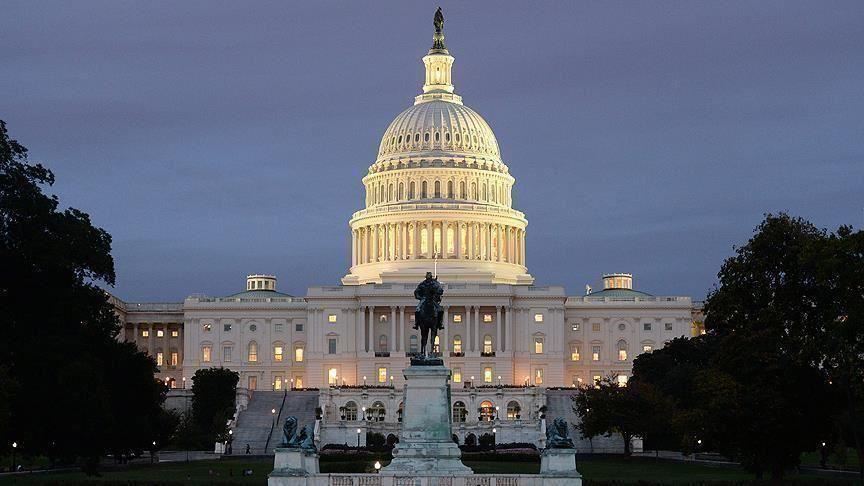The controversial cryptocurrency tax amendment was the source of contention between regulators and industry players last week. After many twists and turns over the weekend, the amendment was finally left unchanged and passed with the rest of the Biden plan. It is now up to the House of Representatives to take up this hot topic in the fall.
A little background: the definition of a broker has been extended to all those handling digital assets. All brokers are accountable to the US tax authorities, including reporting obligations on their clients.
Because of the vague term “digital assets”, some senators proposed amendments to clarify who should be considered a broker.
One of these amendments, supported by the Biden administration, excluded miners and developers from this definition, but not players in decentralized finance (DeFi), nor those using proof-of-stake (PoS). The latter would therefore be subject to reporting obligations, while it is sometimes impossible to know the precise identity of clients.
The actors of the crypto-currency sector then went to the front line, starting with Sam Bankman-Fried, founder of the FTX exchange platform. In view of the emotion aroused by this amendment, pro-crypto senators including Cynthia Lummis reached a compromise. A unanimous vote of the senators would have allowed the adoption of the amendment most favorable to the sector, namely the exclusion from the definition of broker of almost all the players, except for the classic exchange platforms.
While the agreement seemed to be on the right track, a certain Senator, Richard Shelby, 87 years old, decided to shatter the compromise found. He was the only senator to vote against it and the agreement was rejected.
A few hours later, the Biden plan was passed by the Senate, including the new definition of broker. Ironically, last week’s contentious amendment excluding miners from tax liability but not DeFi players is no longer even present. The compromise was in fact intended to replace the two competing amendments.
With the compromise rejected, the tax obligations are therefore extended to the entire sector, from platforms to minors


